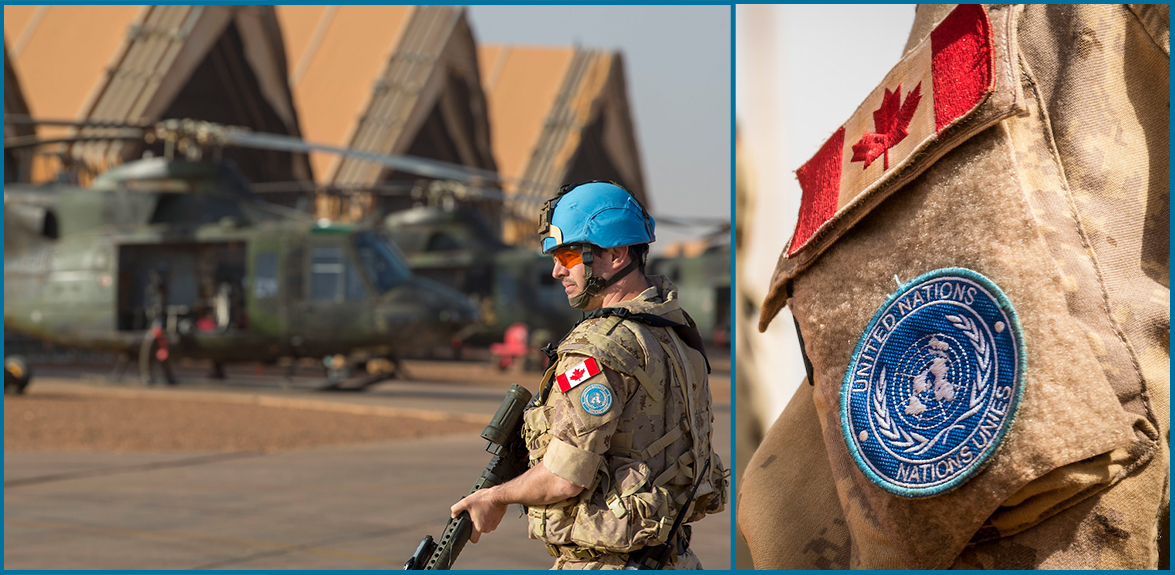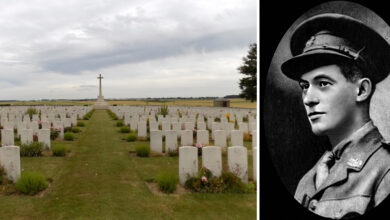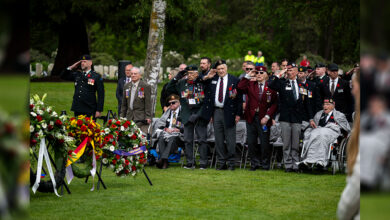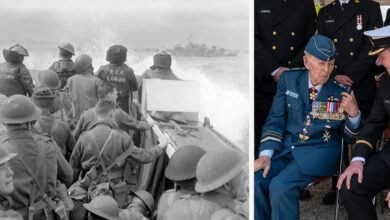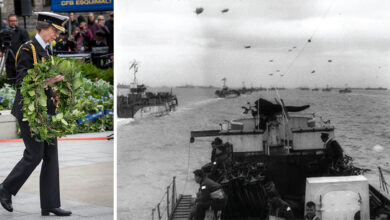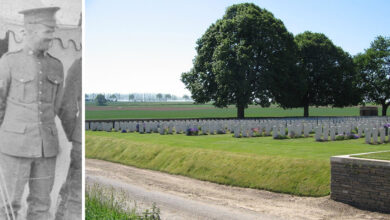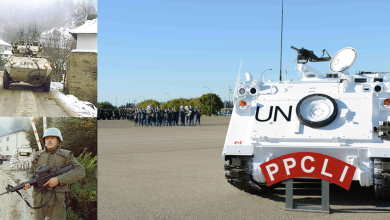History
Expressing thanks to Canadian Peacekeepers on National Peacekeepers’ Day
Above image: Left to right, Members of Task Force-Mali conduct patrols of Camp Castor during Operation PRESENCE-Mali. Photo by Corporal François Charest, 430 Tactical Helicopter Squadron. Right, UN Peacekeeping badge and Canadian flag, Operation PRESENCE-Mali on October 15, 2018. Photo by Corporal Ken Beliwicz. Photos courtesy of Combat Camera.
On August 9, 1974, nine Canadian peacekeepers on a United Nations-marked Canadian transport aircraft were killed when their plane was shot down by Syrian missiles during a regular resupply mission in the Middle East.
To recognize the greatest single loss of Canadian lives on a peacekeeping mission, and honour those who currently serve, previously served and sacrificed during peacekeeping operations, August 9 is marked National Peacekeepers’ day.
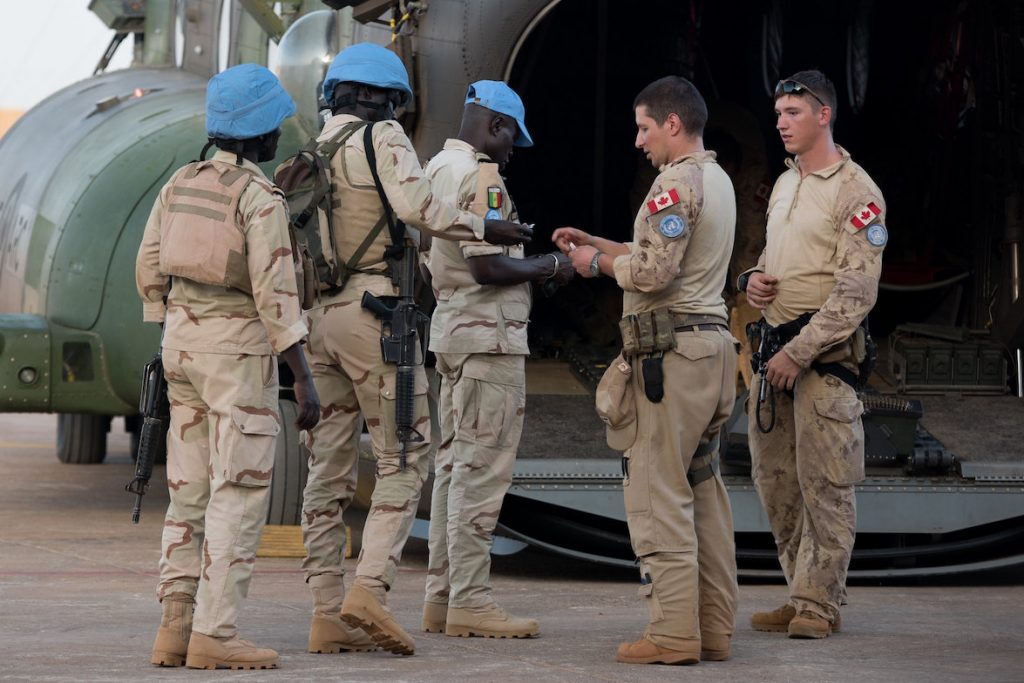
Established in 2008, National Peacekeepers’ Day is a day, Canadians can express the gratitude they have toward personnel of the Canadian Armed Forces (CAF), the Royal Canadian Mounted Police (RCMP), and provincial and municipal police forces, as well as Canadian diplomats and civilians who have worked in support of international peace and security operations.
“Today, we also pause to honour the memory of the approximately 130 Canadian peacekeepers who have made the ultimate sacrifice in the service of peace. Their bravery continues to be reflected in the selfless work of peacekeepers around the world. Statement from Ministers
Since 1948, when the United Nations dispatched peacekeepers for the first time, more than 125,000 Canadian peacekeepers have participated in a number of international efforts over the past six decades in countries all over the world, and close to 130 have lost their lives.
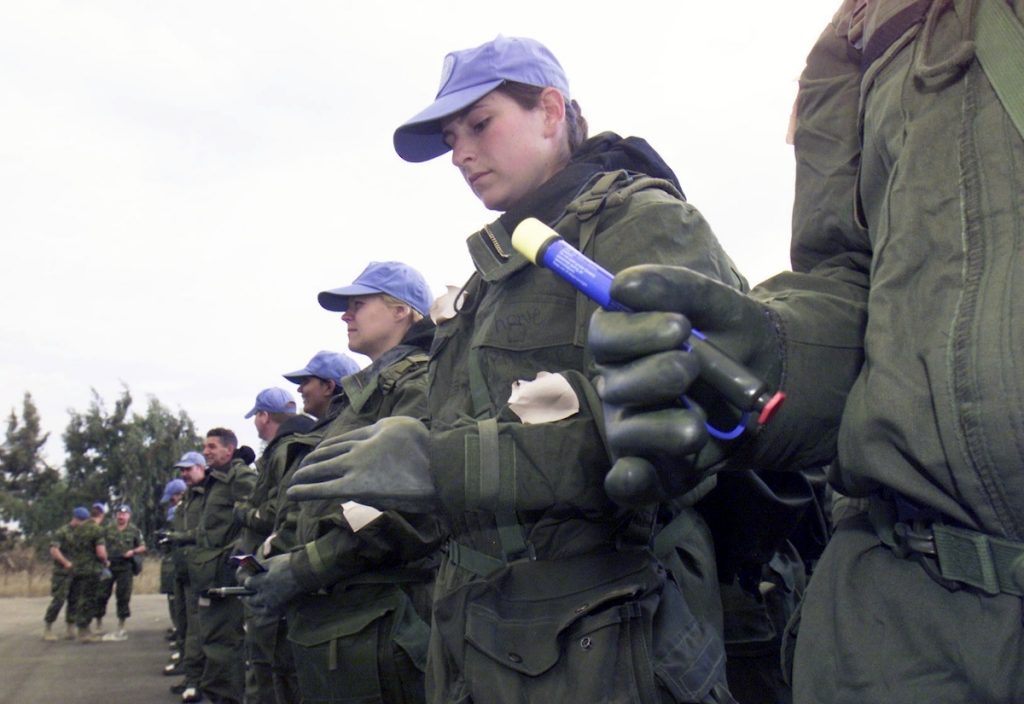
Canada has helped provide instrumental support to restore peace and security in areas devastated by conflict. Peacekeepers play a vital and significant role in achieving these objectives. They protect civilians, actively prevent conflict, reduce violence, strengthen security, and empower national authorities to assume these responsibilities.
Minister of National Defence Harjit Sajjan stated, “This National Peacekeepers’ Day, the Defence Team, as well as all Canadians express their deepest gratitude to our peacekeepers. For 70 years, Canadians have contributed more than 125,000 members of the Canadian Armed Forces, over 4,000 Royal Canadian Mounted Police, provincial and municipal police officers, as well as thousands of Canadian diplomats and civilians to peacekeeping efforts. Of those brave people, we honour the 130 who lost their lives while fighting for equality and peace.”
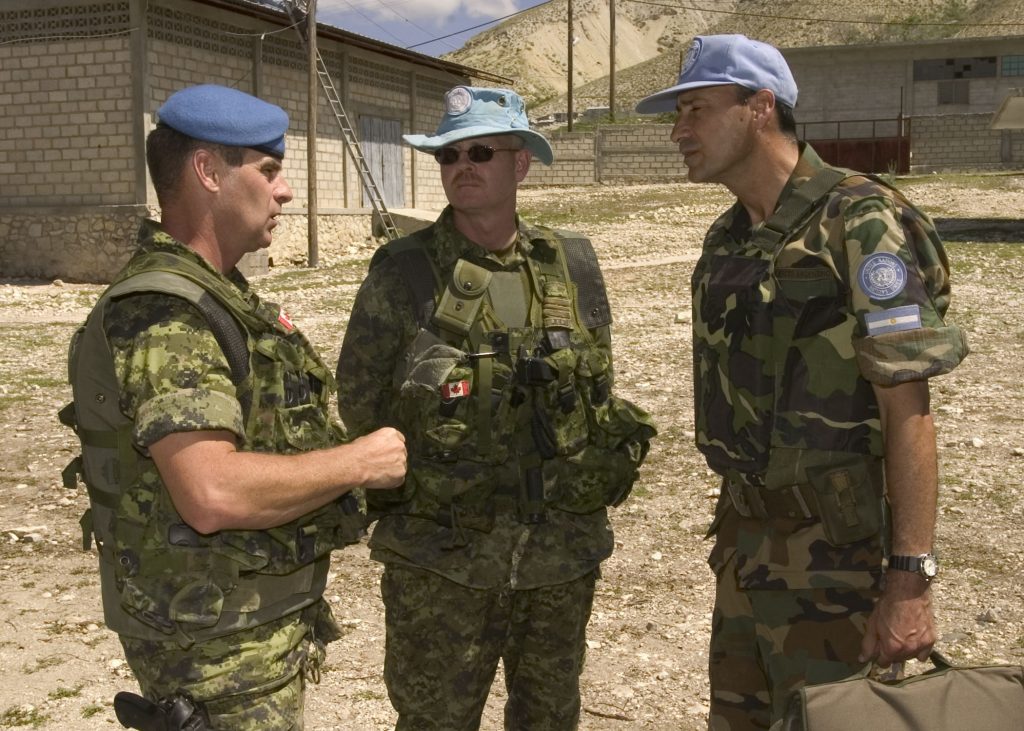
He continued, “Today, we are contributing to peacekeeping through our Elsie Initiative, the Women Peace and Security Agenda, the Vancouver Principles on Peacekeeping and the Prevention of the Recruitment and Use of Child Soldiers, and through the various operations in South Sudan, Uganda, the Democratic Republic of Congo, Cyprus, the Middle East and Mali. We want to recognize the work of those who are currently taking part in and assisting peacekeeping missions around the world.”
STATEMENT FROM MINISTERS
To mark the occasion Minister of National Defence Harjit S. Sajjan, Minister of Veterans Affairs and Associate Minister of National Defence Lawrence MacAulay, Minister of Foreign Affairs François-Philippe Champagne, and Minister of Public Safety and Emergency Preparedness Bill Blair issued the following statement today to recognize National Peacekeepers’ Day, “Today on National Peacekeepers’ Day, we join Canadians in expressing our deepest gratitude to Canadian peacekeepers, past and present, for their service and commitment toward building a safer world. We recognize those who have upheld our country’s proud history throughout the years by bringing peace and security to vulnerable communities in some of the world’s most volatile regions.
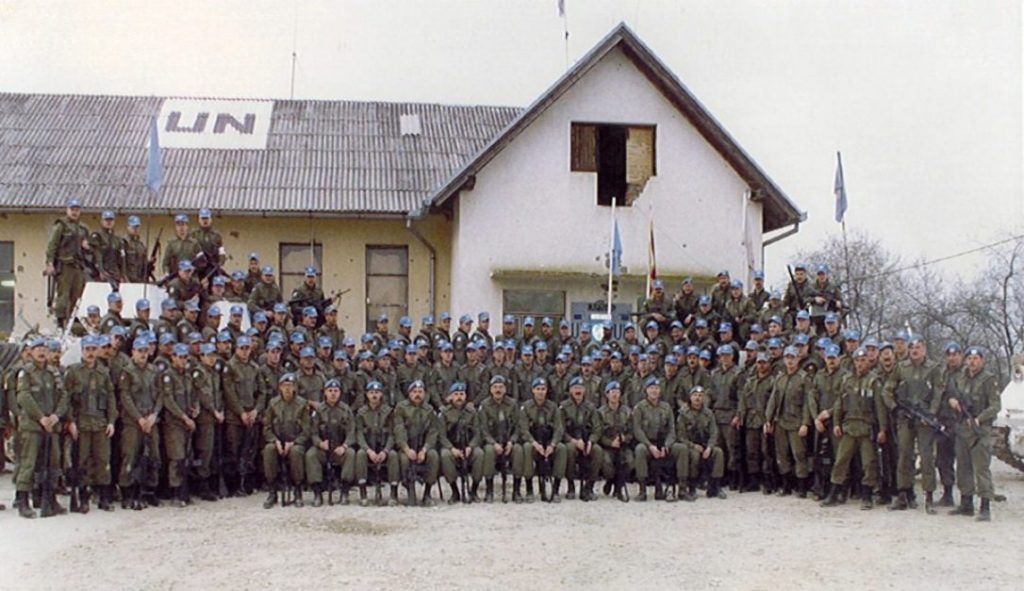
“Our peacekeepers represent Canada with their professionalism, compassion, and operational excellence. We are proud to have had more than 125,000 members of the Canadian Armed Forces, over 4,000 Royal Canadian Mounted Police, provincial and municipal police officers, as well as thousands of Canadian diplomats and civilians who have supported peace and security operations around the world. Their meaningful contributions have a direct and positive impact on the lives of people affected by conflict, and we owe them and their families our unwavering support.
“Today, we also pause to honour the memory of the approximately 130 Canadian peacekeepers who have made the ultimate sacrifice in the service of peace. Their bravery continues to be reflected in the selfless work of peacekeepers around the world.
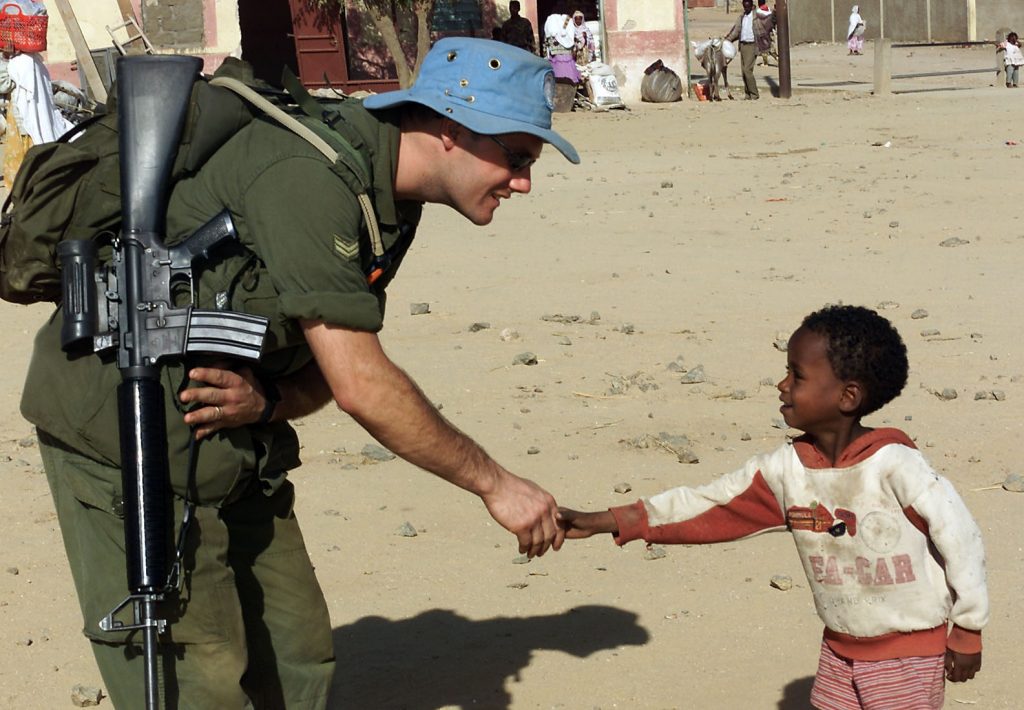
“We remain steadfast in our pledge to advance and support global peace and security in the face of evolving challenges. This is why the Government of Canada continues to take real, tangible steps to reform and modernize peace operations.
“It has been 20 years since the UN Security Council adopted Resolution 1325 that established the Women, Peace and Security Agenda, recognizing that integrating gender perspectives and empowering women is key to creating sustainable peace. It also calls for increasing the number of women in peace operations to help missions better reflect the populations they serve and improve their effectiveness. For these reasons, we are striving to increase the meaningful participation of women in UN peacekeeping through the Elsie Initiative for Women in Peace Operations and in collaboration with our UN partners.
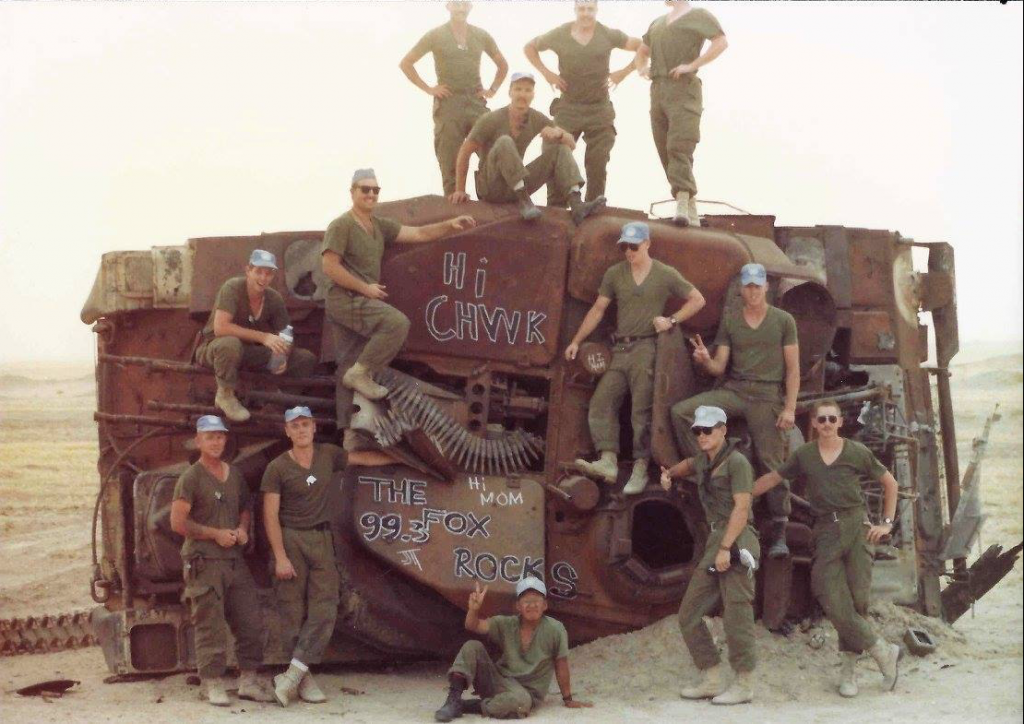
“Through the Vancouver Principles on Peacekeeping and the Prevention of the Recruitment and Use of Child Soldiers, now adopted by 96 countries, we are also working to protect children affected by conflicts around the globe. Canada led the development of Implementation Guidance for the Vancouver Principles, which provides practical advice on how to prevent the recruitment and use of child soldiers.
“To conclude, we want to thank and recognize the work of current members, police officers and civilians who are at the moment taking part in and assisting peacekeeping missions around the world, in South Sudan, Uganda, the Democratic Republic of Congo, Cyprus, the Middle East, Mali and more countries. Thank you for all that you do to help bring peace in countries where civilians are suffering because of conflict.”


